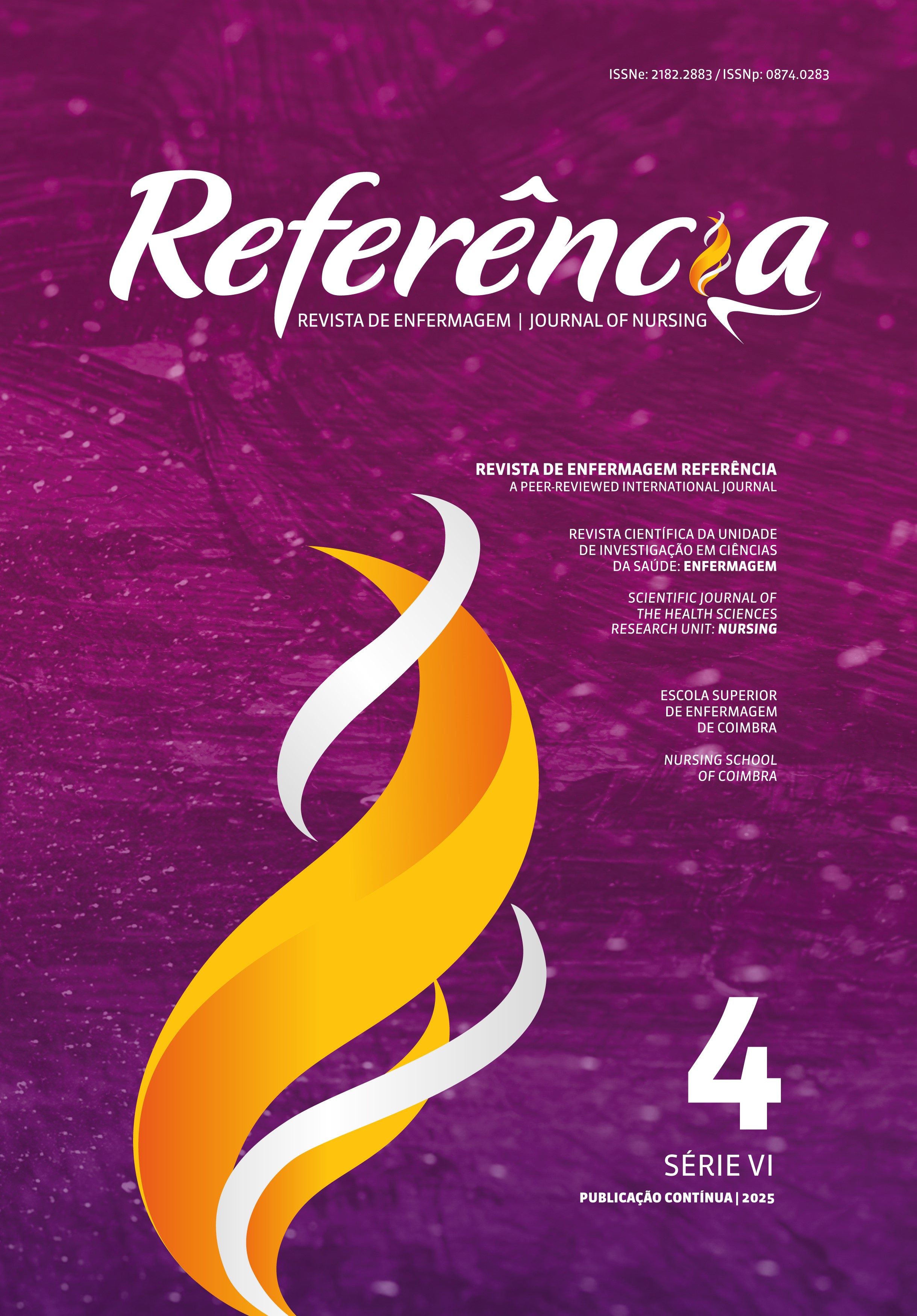El Uso de la Tecnología en el Desarrollo de los Niños en Edad Preescolar: La Perspectiva de los Padres en edad preescolar: la perspectiva de los padres
DOI:
https://doi.org/10.12707/RVI24.94.37590Palabras clave:
niño en edad preescolar, tecnología digital, desarrollo infantil, enfermeríaResumen
Marco contextual: El uso de la tecnología por parte de los niños en edad preescolar ha aumentado en los últimos años y su primera exposición se produce a una edad cada vez más temprana, lo que puede influir en su desarrollo y en la dinámica familiar.
Objetivo: Analizar las perspectivas de los padres sobre el uso de la tecnología en el desarrollo de los niños en edad preescolar.
Metodología: Estudio descriptivo con un enfoque mixto. Los datos se recogieron mediante cuestionario a los padres de niños de edades comprendidas entre los 12 meses y los 6 años, del 9 al 15 de junio de 2023.
Resultados: En el estudio participaron 152 padres. De ellos, el 94,2% utiliza la tecnología y el 56% lo hace a diario. El aspecto positivo más identificado es la adquisición de nuevos conocimientos y el negativo, la dependencia.
Conclusión: Las perspectivas de los padres sobre la tecnología en el desarrollo de los niños en edad preescolar han demostrado ser relevantes, ya que está cada vez más presente en su vida cotidiana. Los padres perciben el uso de la tecnología como un recurso que estimula el desarrollo, pero prejudicial por la dependencia que provoca.
Descargas
Citas
Adams, C., Kubin, L., & Humphrey, J. (2022). Screen technology exposure and infant cognitive development: A scoping review. Journal of Pediatric Nursing, 69, e67-e104. https://doi.org/10.1016/j.pedn.2022.12.013
Alligood, M. R. (2013). Nursing Theorists and their work. 8.ª ed. Missouri: Elsevier Health Sciences, p. 601.
Bozzola, E., Spina, G., Ruggiero, M., Memo, L., Agostiniani, R., Bozzola, M., Corsello, G., & Villani, A. (2018) Media devices in pre-school children: the recommendations of the Italian pediatric society. Italian Journal of Pediatrics, 44(1), 1-5. https://doi.org/10.1186/s13052-018-0508-7
Byrne, R., Terranova, C. O., & Trost, S. G. (2021). Measurement of screen time among young children aged 0–6 years: A systematic review. Obesity Reviews, 22(8), e13260. https://doi.org/10.1111/obr.13260
Carson, V., & Kuzik, N. (2021). The association between parent-child technology interference and cognitive and social–emotional development in preschoolaged children. Child: Care, Health and Development, 47(4), 477-483. https://doi.org/10.1111/cch.12859
Desmurget, M. (2021). A fábrica dos cretinos digitais. Contraponto.
Fink, K., Mélo T. N., & Israel, V. L. (2019). Tecnologias no desenvolvimento neuropsicomotor em escolares de quatro a seis anos. Cadernos Brasileiros de Terapia Ocupacional, 27(2), 270-278. https://doi.org/10.4322/2526-8910.ctoAO1186
Guedes, S. C., Nobre, J. N., Morais, R. L., Mascarenhas, R. O., Santos, L. R., Martins-Reis, V. O., Oliveira, V. C., & Santos, J. N. (2020). Effect of interactive media on the development of children and adolescents: Systematic review with meta analysis. Motriz, 26(4), e10200095. http://dx.doi.org/10.1590/S1980-65742020000400095
Madigan, S., Browne, D., Racine, N., Mori, C., & Tough, S. (2019). Association between screen time and children’s performance on a developmental screening test. JAMA Pediatrics, 173(3), 244-250. https://doi.org/10.1001/jamapediatrics.2018.5056
Melo, W. S., Sousa, I. S., Mariano, S. P., Barbosa, A. S., Feitosa, D. S., Freire, V. E., Melo, E. S., & Monteiro, F. P. (2022). Wise infant development: Creation of a software for teaching in pediatric nursing education. Revista Brasileira de Enfermagem, 75(5), e20210466. https://doi.org/10.1590/0034-7167-2021-0466
Mollborn, S., Limburg, A., Pace, J., & Fomby, P. (2022). Family socioeconomics status and children´s screen time. Journal of Mariage and Family, 84(4), 1129-1151. https://doi.org/10.1111/jomf.12834
Ramos, A., Figueiredo. M., Nené, M., & Sequeira, C. (2020). Enfermagem em saúde da criança e jovem. Lidel.
Ricci, R. C., Paulo, A. S., Freitas, A. K., Ribeiro, I. C., Pires, L. S., Facina, M. E., Cabral, M. B., Parduci, N. V., Spegiorin, R. C., Bogado, S.S., Junior, S. C., Carachesti, T. N., & Larroque, M. M. (2023). Impacts of technology on children’s health: A systematic review. Revista Paulista de Pediatria, 41, e2020504. https://doi.org/10.1590/1984-0462/2023/41/2020504
Sociedade Portuguesa de Pediatria. (2019). Estarão as nossas crianças demasiado tempo ao ecrã? http://criancaefamilia.spp.pt/comportamentos-eparentalidade/estar%C3%A3o-as-nossas-crian%C3%A-7as-demasiado-tempoao-ecr%C3%A3.aspx






















